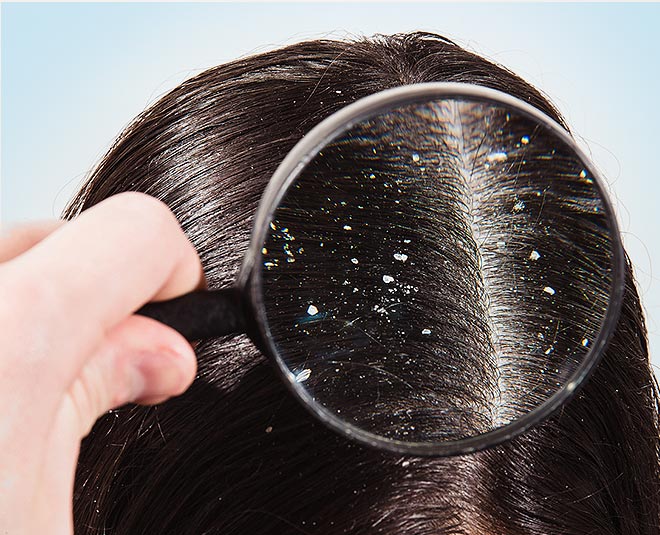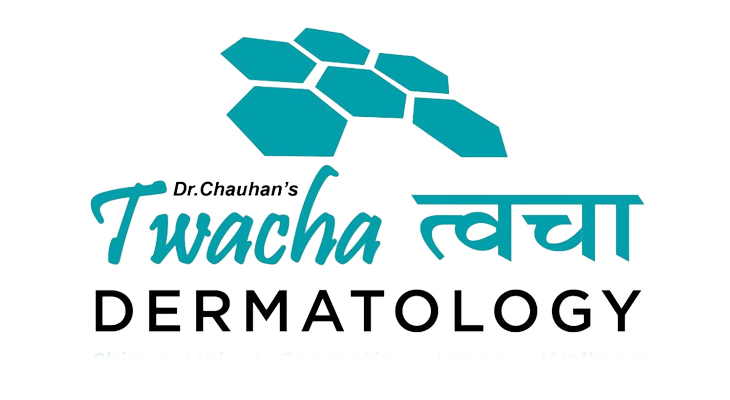What is Dandruff?
Dandruff dead skin cells are shed by the scalp. It is a common chronic scalp condition marked by itching and suppleness of the skin on your scalp.
Dandruff and seborrheic dermatitis each cause scaling on the scalp which is often associated with itching. However, there are differences between the two disorders. Dandruff is non-inflammatory, with increased scaling on the scalp that represents the more active end of the spectrum of physiologic declamation.
Seborrheic dermatitis is an inflammatory, erythematous, and scaling eruption that occurs primarily in “seborrhoeic” areas, ie, high numbers of trunk and activity of the sebaceous glands such as the skull and face.

Symptoms
Common symptoms of dandruff include itching and white, oily flakes. There are many conditions that present similar symptoms, including psoriasis, dry skin, seborrheic dermatitis, or contact dermatitis. Before starting treatment, it is important to consult a dermatologist to ensure that you are treating the right condition.
Causes
- Seborrheic scalp
- Increased oil activity
- Unclean habits- Not shampooing often enough
- Stress and Emotional problem
- Hard shampoos
- Exposure to severe cold
- Sensitivity to hair care products
- Pityrosporum oval organism (yeast)
Treatment
Dandruff can almost always be controlled, but treatment can take a little patience and persistence.
- Daily cleansing and skin cell buildup with a gentle shampoo to help reduce friability can often help with mild dandruff.
- Shampoos are classified according to the drugs in which they are-
Zinc Pyrithione Shampoo; There is an antibacterial and antifungal agent (zinc pyrithione) to fight the fungus that causes dandruff. - Tar-based shampoo contains coal tar, which slows cell turnover and reduces the formation of scaly flakes.
- Salicylic Acid Shampoo
- Selenium sulfide shampoo- can inhibit cell turnover and help control the fungal disease. These types of shampoos can discard blond or gray hair and cause significant discoloration in chemically treated hair, so follow the instructions carefully and rinse thoroughly.
- Ketoconazole shampoo contains a broad antifungal agent.
- Topical corticosteroid for severe Seborrheic Dermatitis Cream- two additional types of medicine which
Help seborrhea and cortisone cream and antifungal cream with medicinal shampoos.
Cortisone Creams Reduce Inflammation
The counter should be scanned in 0.5% or 1% concentrations. They are safe to use on the face and will often help on some days when applied twice daily. These products are also available in the form of scalp lotion which is applied on moist hair after shampooing once a day. You can use scalp cortisone cream with medicated shampoo.
Antifungal Creams
These are clearly more effective as they reduce the number of yeast organisms living on the skin. Over the counter creams include 1% clotrimazole cream and miconazole cream. 2% antifungal creams are also applied once or twice a day.
Dandruff shampoos usually work well. ‘Failure’ may be due to:
- Infrequent use (maybe once daily to once weekly, often every 2-3 days)
- Insufficient duration (may take one week to work)
- Inadequate skull contact (this is the most common cause of failure) – leave several minutes on the scalp.
